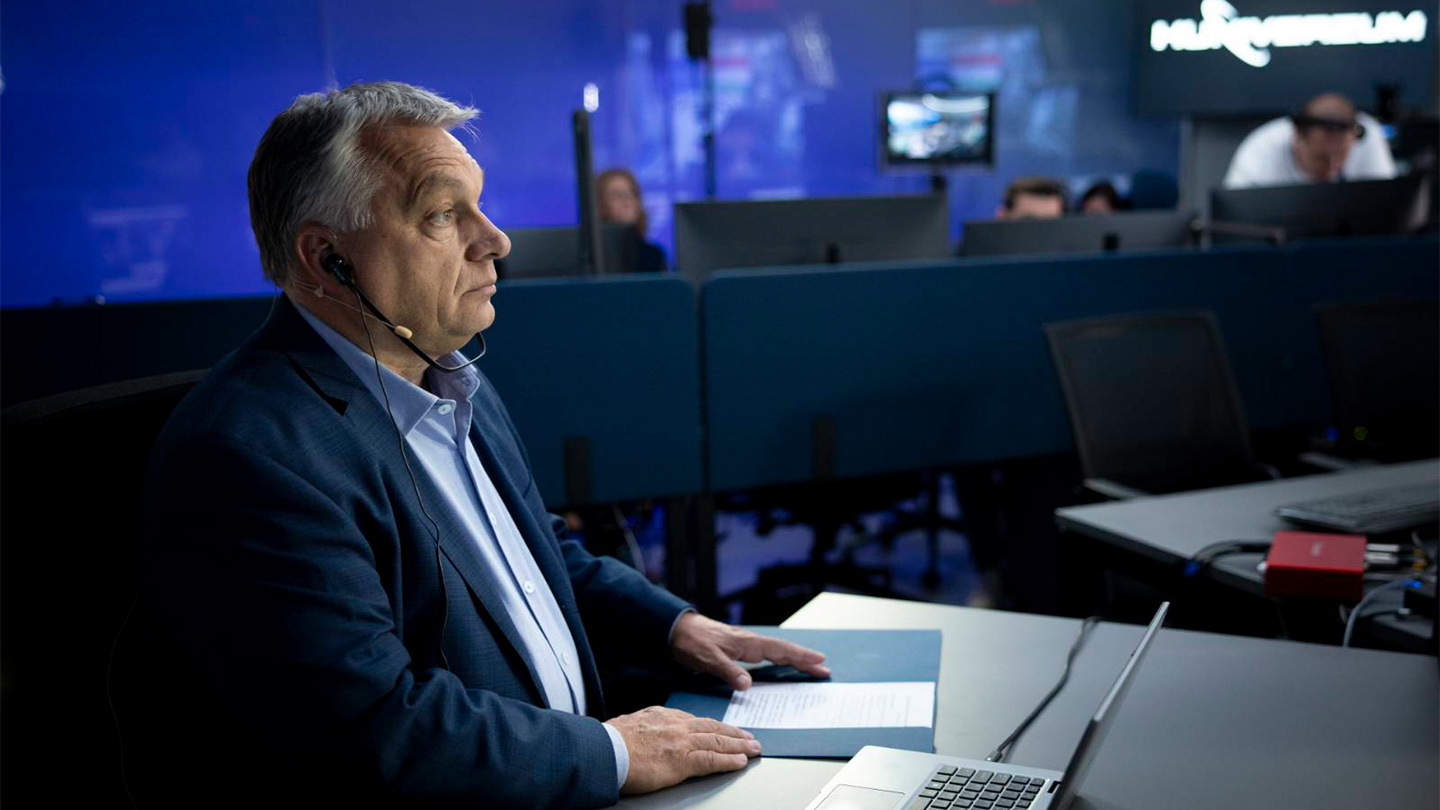
Orbán Viktor Facebook-nyilatkozata
- Forrás: Miniszterelnöki Kabinetiroda
Most beszélt élőben az űrben Kapu Tiborral. Ön felrepülne az űrbe?
Meg is vagyok illetődve most még egy kicsit. Életemben először csináltam ilyet, meg mégiscsak egy nagy emberrel beszéltem. Fölmennék-e? Hát persze! Holnap reggel!
És mit csinálna fent? Mit próbálna ki?
Megnézném, hogy milyenek vagyunk, amikor kívülről láthatom magunkat. Az egész Földet, egyben. Az országot úgy, ahogy a munkám miatt egyben látom, meg az uniót is úgy, ahogy, az is a munkám, de hogy az egész földet egyben látni, az különleges élmény lehet, és talán csak az űrből lehetséges.
KÖVESSEN